Strategic challenge
Möbius supported the University of Hasselt (UHasselt) in optimising and, where possible, simplifying some particularly defined business processes across different departments: personnel & organisation and finance. The focus was primarily on clearly defining roles and areas of responsibility within each of these processes. Möbius brought some employees together in a highly participative process, aimed at facilitating working group moments, providing methodologies and being challenged by an objective, external view.
Approach
At Möbius, we strongly believe that quantitative analysis is the essential basis for making good decisions. Therefore, we always kick off by collecting all relevant available data from the processes in scope, in order to translate them into meaningful insights.
During the project start-up, expectations and objective were aligned. We organised:
-
A project kick-off with the team
-
Additional desk research to rapidly understand the processes
-
Interviews with stakeholders to gain insight into the current context and future direction
We quickly discovered that the processes in scope were firmly linked and originated from one core process “the request or change of an employee”.
During a business analysis phase, the E2E processes were further outlined. We decided to draw out the core process first before analysing the further impact. We used the 'brown paper' technique to facilitate our working group moments. This technique provides an excellent way to make bottlenecks visible and clear in a highly visual way and to create a dialogue between participants.
The cross-departmental sessions provided some 'aha' moments in which, on the one hand, understanding was created for e.g. the timespan of activities and, on the other hand, waste could be identified: one department produced monthly analyses that had not been looked at for years on the other side.
During an impact evaluation stage, these bottlenecks were further investigated, both qualitatively and quantitatively, for their root causes. Given the strong link with the IT landscape within the University, several improvements were proposed that could reduce the manual work and error burden of staff across the two services while increasing quality and speed.
In conclusion, we explored and discussed possible optimisations collectively. Shoulder to shoulder with our client, UHasselt, we guided them in setting up a benefit-effort matrix with both short-term and more long-term initiatives.
As with all Möbius projects, significant attention was paid to change management, communication and information sharing during project implementation and integration.
Results
The cooperation between Möbius and Hasselt University lead to the following results:
-
Deep insight into the current context and desired process changes on the organisation of both services.
-
Outlined future processes with simplified operation and information exchange.
-
A benefit-effort matrix with 20+ improvement initiatives, where quick win initiatives for employees were also defined through the 'art of making small'.
-
A motivated and informed project team throughout project implementation.










